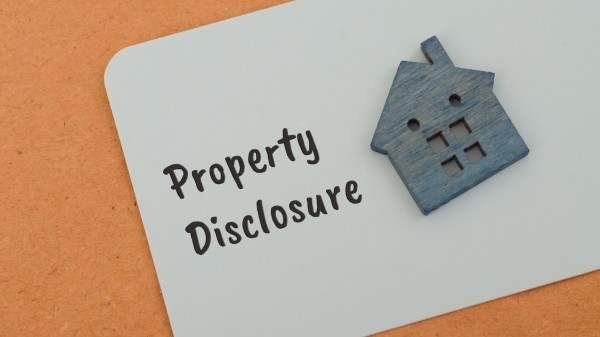
As property owners, many of us might have something we’d rather not admit about our property. Perhaps we haven’t got around to getting the boiler serviced, or we’re in the middle of a dispute with the neighbours, or there’s that little niggle we know we need to get sorted, but we’ve just learnt to live with.
However, when you’re selling, hiding property problems can quickly backfire. It can lead to reduced offers, deals falling through or buyers not interested in the first place. For your agent it could also result in damaged reputations, legal action and even fines.
The withdrawal of material information guidance
Until earlier this year the information you needed to disclose as a seller was fairly prescriptive. The property-specific material information guidance from the National Trading Standards Estate and Letting Agency Team (NTSELAT), first introduced in 2023, was designed to highlight the different types of information that a buyer should know as soon as a property is listed.
This ranged from obvious basics, such as the council tax band and property price, to more detailed information such as property risks like flooding. The information was increasingly being incorporated into portal listings and was requested by agents at the listing stage. The aim was to reduce the time wasted for everyone involved and subsequently speed up the house-buying process.
But in May 2025, the material information guidance was quietly withdrawn when responsibility for consumer protection switched to the Competition Markets Authority after the Digital Markets, Competition and Consumers Act (DMCC) came into effect. Now, there is no property-specific guidance and omitting information that could influence a consumer’s decision to purchase is seen as an unfair practice, whether it actually influences that end decision or not.
Legal redress
The vagueness of that last sentence is a challenge and, with many suspecting that case law will be used to set precedents, agents are likely to be over-cautious and provide more information than they perhaps need to in order to cover their backs. That means they will likely ask more probing questions of you. Having all the details to hand about your property and being open about any potential problems will be vital.
Financial risks
Agents will also be worried about the financial risk of a lack of compliance. The CMA will have greater power than its predecessor to enforce action, including issuing fines, without going through the courts. Agents won’t want to risk the cost of non-compliance or the potential damage to their business if their reputation is also impacted.
Be open and honest and gather information from the start
The vagueness of the information required at the point of sale now is frustrating however it’s hoped that the CMA will provide clarification. The Law Society is also trialling the latest version (its sixth) of its Property Information Form (TA6) this summer. As with the material information guidance the revised form is designed to give buyers more information at the start of the process.
In the meantime, being open and honest with your agent about your property and answering any questions your agent might have (including revealing those little niggles) at the start of the process will offer you the best chance of a swift, hassle-free and compliant sale.
For more information on how we can assist you on your sales journey, please contact one of our branches in Essex, London or Hertfordshire today. We also offer a free and instant online valuation to give you an idea of how much your home could be worth on the current market.
